50,000 words in 3 weeks: localizing bunq for Ukrainians
“Lokalise is fundamental in fulfilling our localization needs. I’m so proud to work for a company that took an interest in doing something helpful for Ukrainians… to get to contribute to it was something that made me so proud to be a bunqer.”
Lennard van Ree
Senior Copywriter at bunq
bunq is a bank with big ambitions. The Amsterdam-based neobank launched in 2015, and every day since then it’s been on a mission: to put a complete set of banking services in the pocket of everyone with a cell phone.
The bunq app now provides local-language content in over 30 territories. bunq partnered with Lokalise in 2020, but in 2022 came its greatest challenge yet – playing a part in helping Ukrainian refugees in Europe.
Moving fast, to help people on the move
Since spring 2022, over twelve million Ukrainians have become “displaced people”. Over five million of these people are no longer within Ukraine’s borders, arriving in neighboring and non-neighboring countries as refugees.
At the outset of the war, bunq’s CEO Ali Niknam founded People for People, an organization helping Ukrainian refugees on the ground and through partner foundations with basic necessities such as employment and visas, housing, food, medicines, logistics and transport, finances, integration, and more – a sentiment shared by Lokalise. In early March, bunq also started helping Ukrainian refugees with free bunq accounts.

Two new language options for bunq’s app
Having a bank account in Europe is a basic necessity needed to pay for one’s grocery shopping or rent; a lot of employers also require it before offering a job.
English – bunq’s main interface language – isn’t common in Ukraine; only around 18% of the population speaks it. So, Niknam decided to add a Ukrainian option to the existing roster of languages and asked his team to help. Mindful of the fact that Russians too are affected by this crisis, he added Russian to the list as well.
A small problem: as the crisis escalated, they needed to do it ASAP.
Sizing up the challenge: bunq’s company culture
At bunq, there’s no “localization team” where people have to line up to get their content adapted for other markets; each product owner is responsible for ensuring their new features and functionalities are available in all bunq’s language options.
To that end, bunq created an easy-to-follow process for anybody in the company needing a translation, with ownership of the finished product remaining with the product owners. External translators strive for accuracy and relevance, under strict quality control criteria. And the Lokalise platform provides the collaborative space where they meet.
All these systems and processes – including Lokalise – had been in place for several years, dating back to the month van Ree started his job. Also, the overall word count of the platform, plus marketing collateral was known: around 50,000 across the app, landing pages, emails, and marketing copy. So, it might seem that the perfect solution to Niknam’s challenge was in place already.
But remember: bunq isn’t a staid enterprise, unchanged in decades; it’s a neobank.
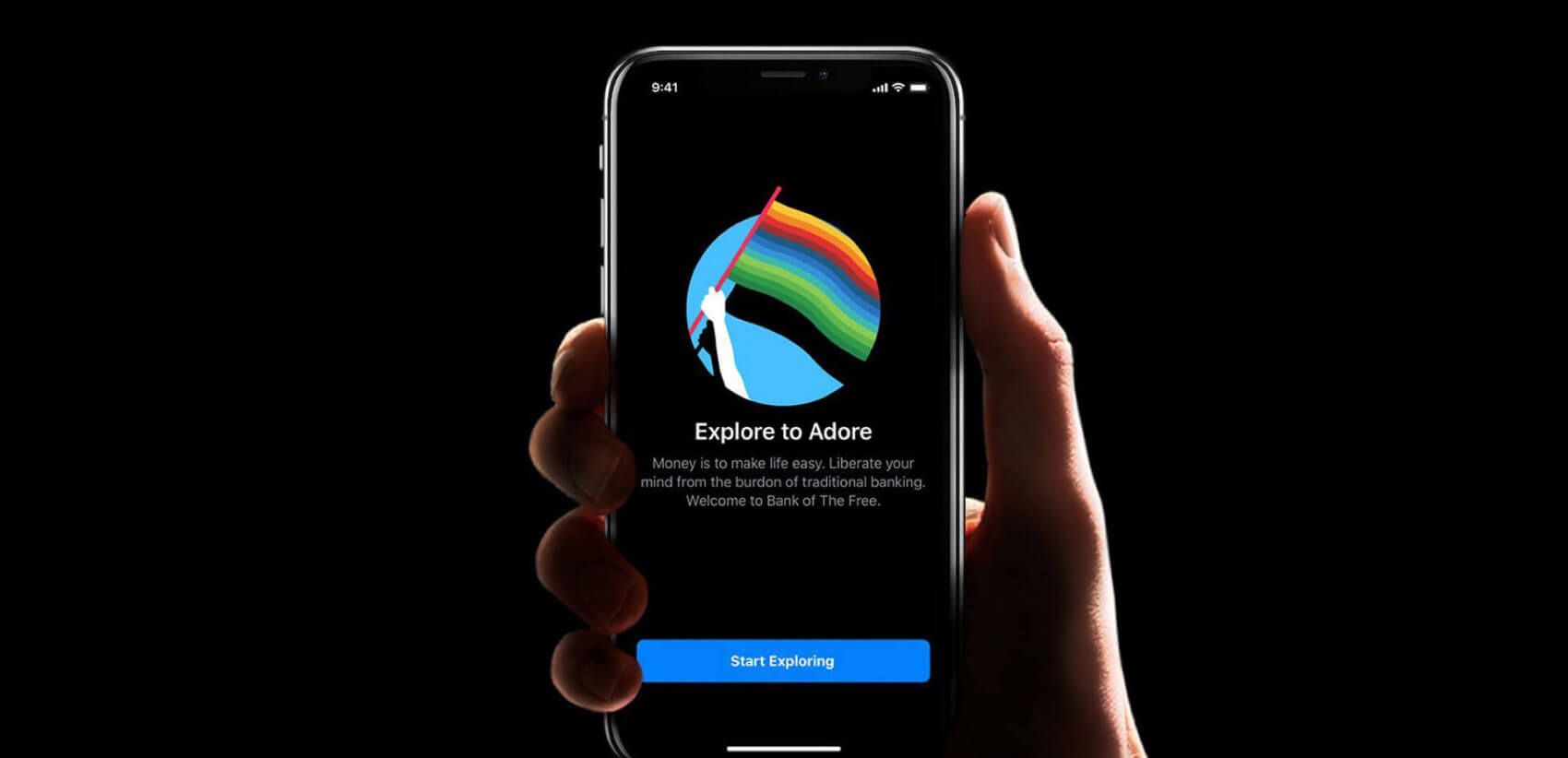
Translating at the speed of tech
bunq’s people – known as “bunqers” – are constantly adding new features and new applications to their platform to stay competitive. Thus, the content of its app wasn’t a static snapshot; it was a moving target.
“The main challenge was to find a solution that could keep up with the pace of bunq. We’re constantly creating new features and expanding/updating existing ones. So, we were looking for a product that could match that speed and flexibility.” – Lennard van Ree, Senior Copywriter, bunq
It’s one area Lokalise has experience in. While it has plenty of multilingual people on staff – goes with the territory – Lokalise isn’t a translation agency; it’s a platform for localization. It’s designed from the ground up to enable large numbers of professionals – translators, proofreaders, developers, UXers – to collaborate and interact while keeping the workflow running smoothly.
This got the project off to a strong start. But the challenges didn’t end there.
The main challenge was to find a solution that could keep up with the pace of bunq. We’re constantly creating new features and expanding/updating existing ones. So, we were looking for a product that could match that speed and flexibility.
Interface interference: the trouble with translation
Ukrainian can be written using the Roman alphabet as well as its usual Cyrillic – and most Ukrainians can read both. But the decision was made to offer the two new languages in native script. Which made a common localization issue even bigger.
The same word in different languages takes up different amounts of space on a web page. And many words – like “Submit” – appear multiple times across a site, which affects how the site looks, and it’s got to look the same everywhere. (This is doubly true given the small viewable area of a phone screen). The Ukrainian, надіслати, is slightly longer than the English; the Russian is even longer again.
This is one of the key differences between translation and localization. You’re not translating the words. You’re translating the customer experience.
bunqers have an exceptionally strong understanding of their customers’ experiences – all employees are encouraged to log a shift on the support desk regularly, irrespective of job title. Piece by piece, all the necessary elements were brought together, with van Ree using screenshots and diagrams to make sure translators understood where their content was placed on a page.
Day by day, content in Ukrainian and Russian started to flow into bunq’s app, website, and surrounding collateral, like service emails.
Thanks to Lokalise we spend much less time on translation and easily keep all of the oversight that helps us maintain consistency
Swinging in technology: enabling human talent at scale
When a localization workflow is actually a person, spreadsheets, and email, it has costly limitations. Tracking changes across multiple sources is virtually impossible when using tools that aren't cut out to handle the speed bunq requires. With Lokalise, once translations are checked and approved, they can be added to a "string" (a technical term for a single unit of translation). Then, it can be used again and again in the same context across the site without needing a recheck. Of course, this was used to the full.
It wasn’t just the technology that helped. The Lokalise team supported bunq every step of the way, providing guidance and adjusting bunq's subscription plan to enable extra capacity for high translation volumes. This is typical of how we view our relationships with customers – long-term partnerships as opposed to transactional ones.
"Thanks to Lokalise we spend much less time on translation and easily keep all of the oversight that helps us maintain consistency” – Lennard van Ree
The result? Thanks to the supercharged productivity that Lokalise enabled – bringing together six people for a large project with a tight deadline – all 50,000 words of bunq’s user interface (in both the new languages) were translated, localized, and in place on the bank’s web infrastructure in just three weeks.
This meant the project was completed successfully – on time and within budget.
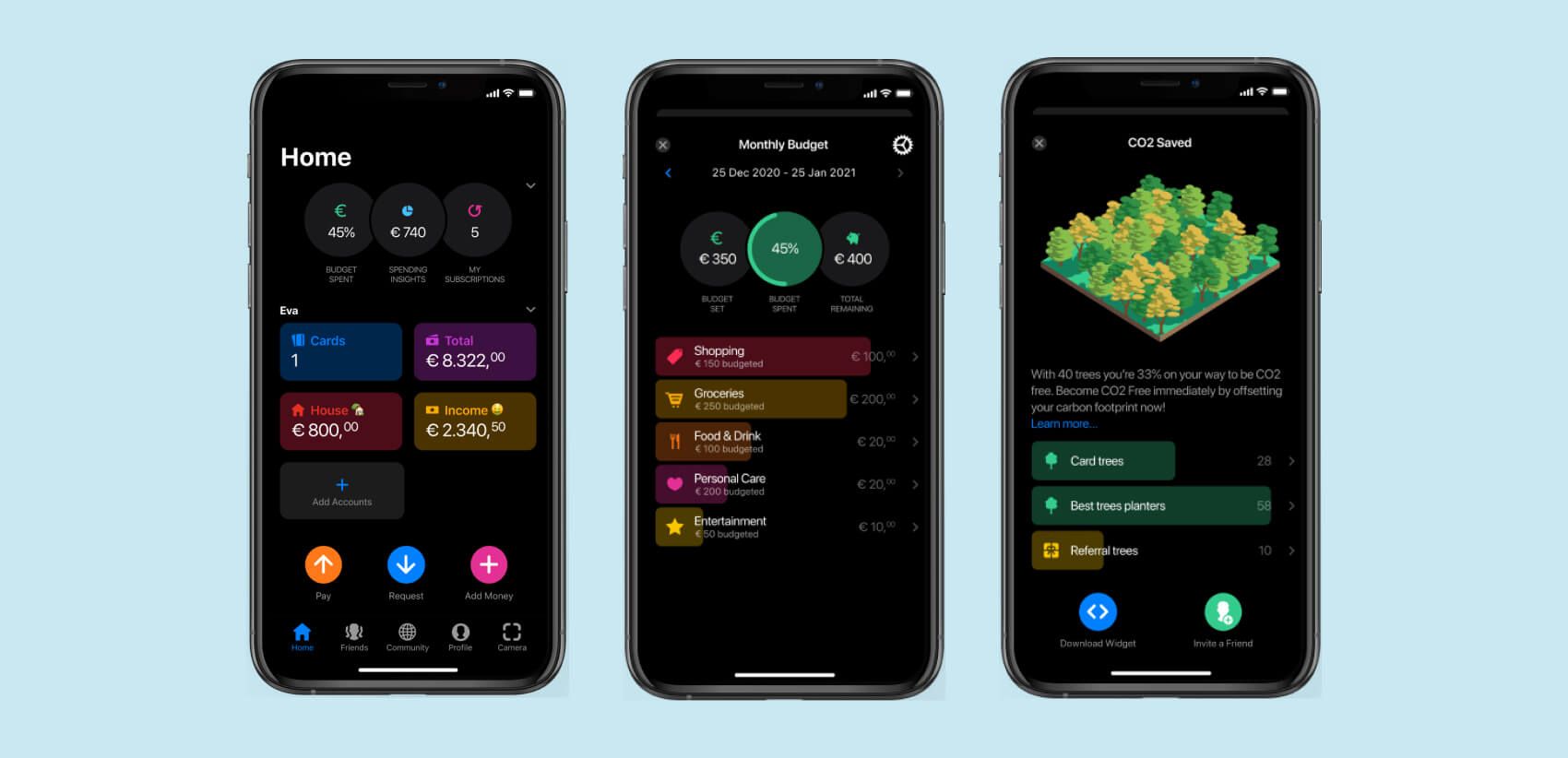
Making a difference in times of conflict
Access to a feature-packed Western bank account, enabling refugees to take part in the financial system again, can provide some comfort as they restart their careers. So far, the feedback they’ve received from their new Ukrainian customers has been overwhelmingly positive.
“Lokalise is fundamental in fulfilling our localization needs. I’m so proud to work for a company that took an interest in doing something helpful for Ukrainians… to get to contribute to it was something that made me so proud to be a bunqer.” – Lennard van Ree.
Is your company offering Ukrainian and Russian options in its user interface? To explore how Lokalise could bring order to your workflows, contact us.
Localization made easy.
Try it free or let us show you how it works
Read more case studies
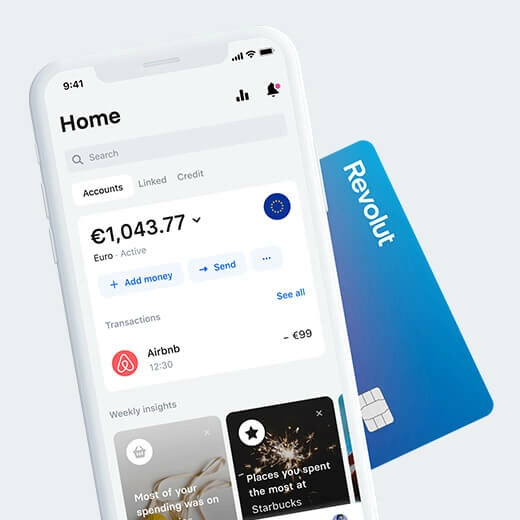
How Lokalise contributed to Revolut's massive growth
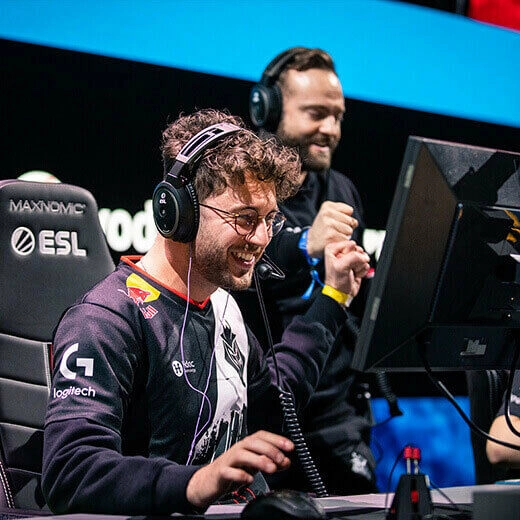
ESL Gaming shortens time to market with a centralized approach to translation
Case studies
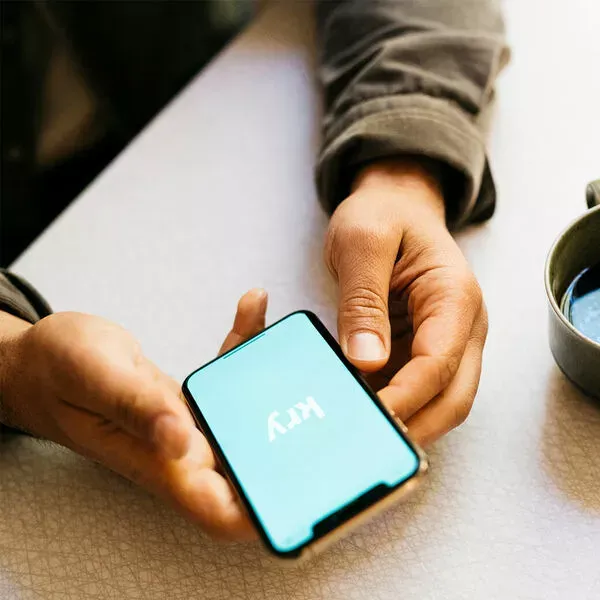
Behind the scenes of localization with one of Europe’s leading digital health providers
Read more Case studies
Support
Company
Localization workflow for your web and mobile apps, games and digital content.
©2017-2026
All Rights Reserved.

